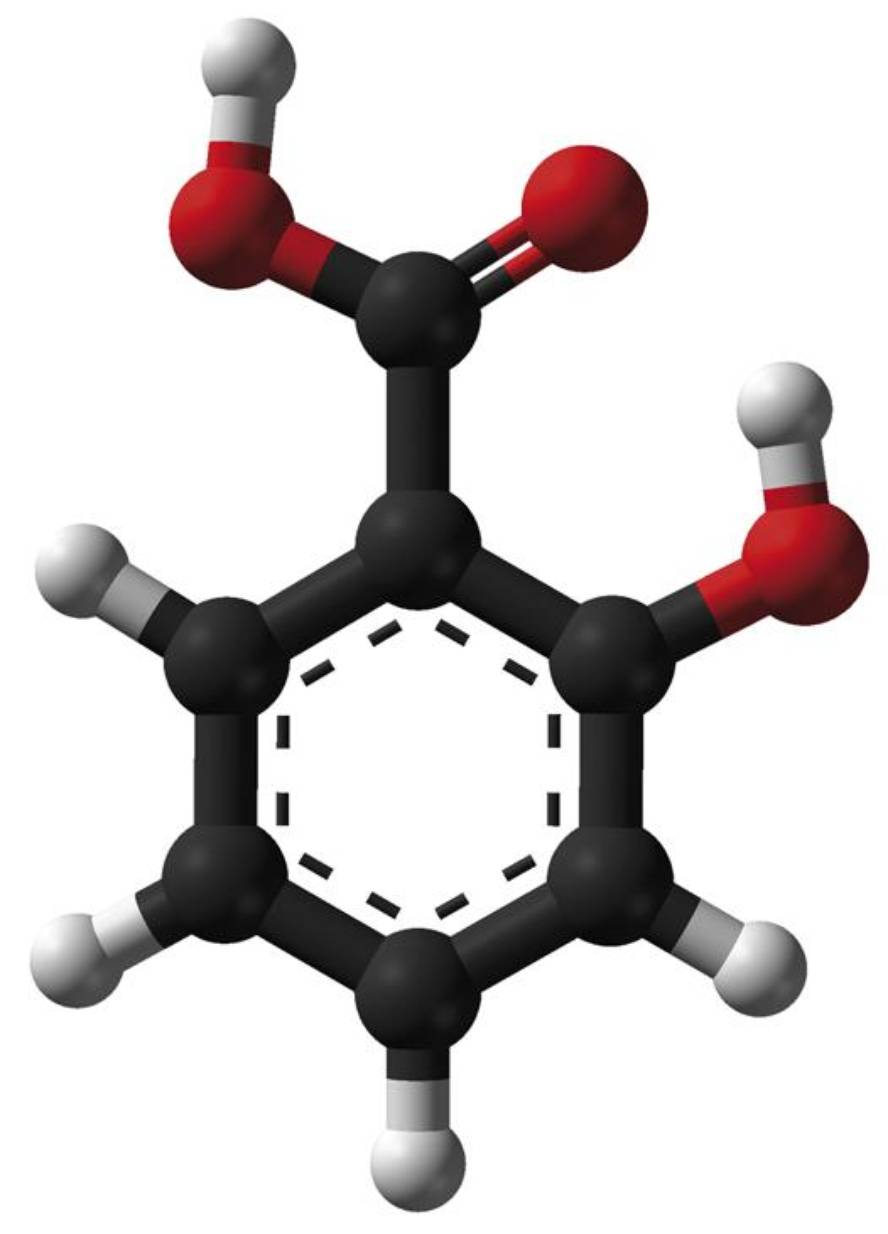Multiple properties of aspirin

Studies with people taking aspirin as a chronic drug found a favorable side effect, which appears to provide long-term protection against certain cancers ("The Lancet, 2011"). Now, the journal Science has published that research led by the University of the Dunes of Scotland has addressed a possible mechanism: salicylate --aspirin metabolites - activates the activity of the enzyme AMPK, an important enzyme that regulates cell growth and metabolism.
Researchers have studied the influence of salicylate in vitro and in vivo, on the one hand, with liver cells and on the other with mice. The metabolic activity of cells and mice intensified with salicylate, while in the knockout mouse, which had no ability to flow the enzyme AMPK, was not produced. According to researchers, the AMPK mechanism explains the ability of aspirin to protect itself from certain cancers.





